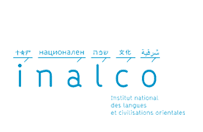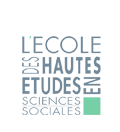
Dans le cadre du séminaire Intelligences de la Corée, animé par Alain Delissen, directeur d’études de l’EHESS, Valérie Gelézeau, directrice d’études de l’EHESS, et Isabelle Sancho, chargée de recherche au CNRS
donnera une conférence intitulée
« The Lost Civilization of the Korean Goddess : on the interpretative function of the Hongshan Culture in pseudoarchaeology and new religion »
22 Avenue du Président Wilson Paris 75016
Hongshan is the name of a material culture straddling Inner Mongolia and Liaoning provinces, China, dating c.4500-3000 BCE. Initially known for enigmatically carved jades, Hongshan came to popular prominence in the 1980s following the discovery of a “goddess temple” and other ritual sites. Since then, certain Chinese archaeologists have proposed Hongshan as a source of either regional or greater Central Plain civilization. From the mid-2000s, South Korean pseudohistorians and practitioners of Maitreyan new religion have appropriated this same discourse to claim Hongshan as the material evidence for a pre-established notion of ancient Korean empire. Combining universalistic characteristics of pseudoarcheology, and emotively framed against performative “history wars” with China, the material enigmaticism of Hongshan now dominates the popular discourse of Korean origins.






